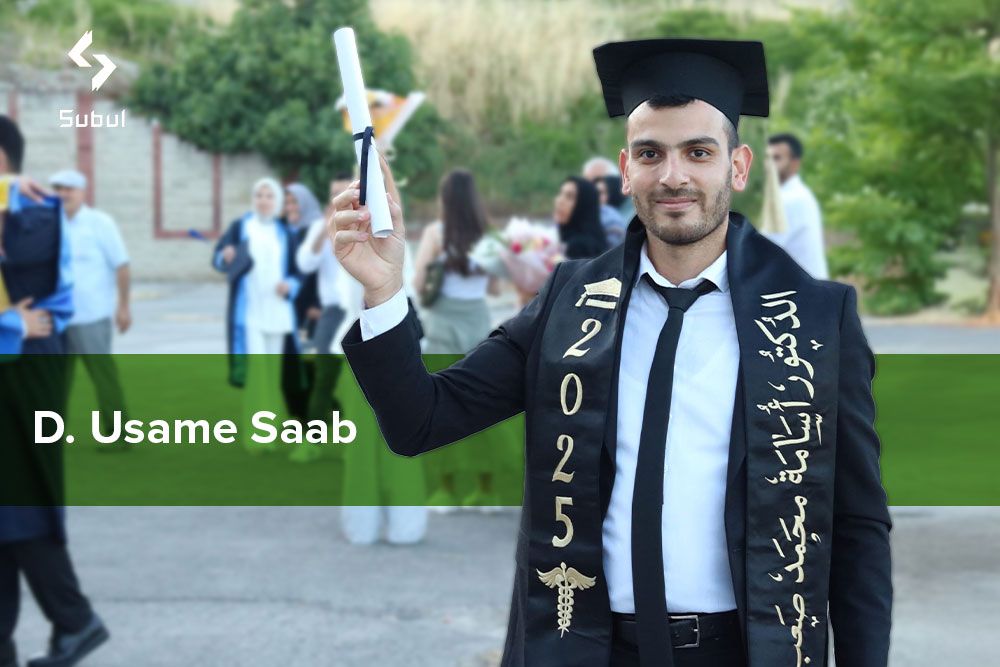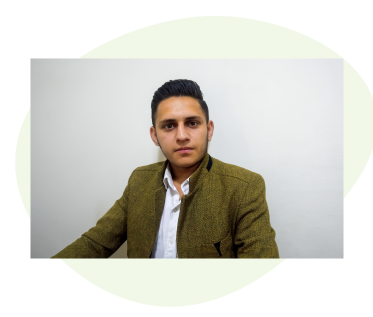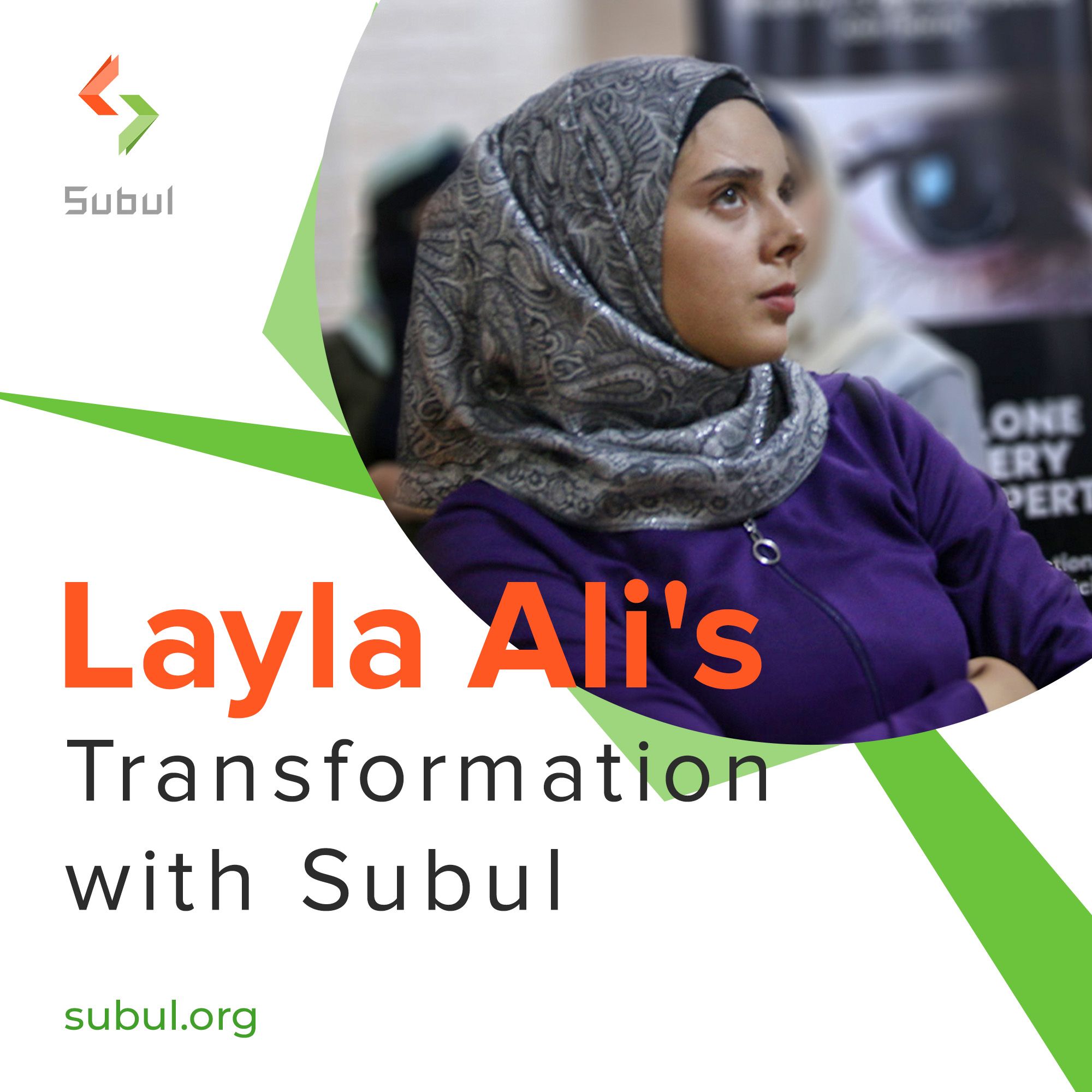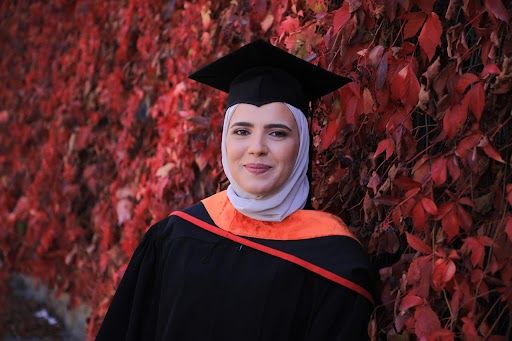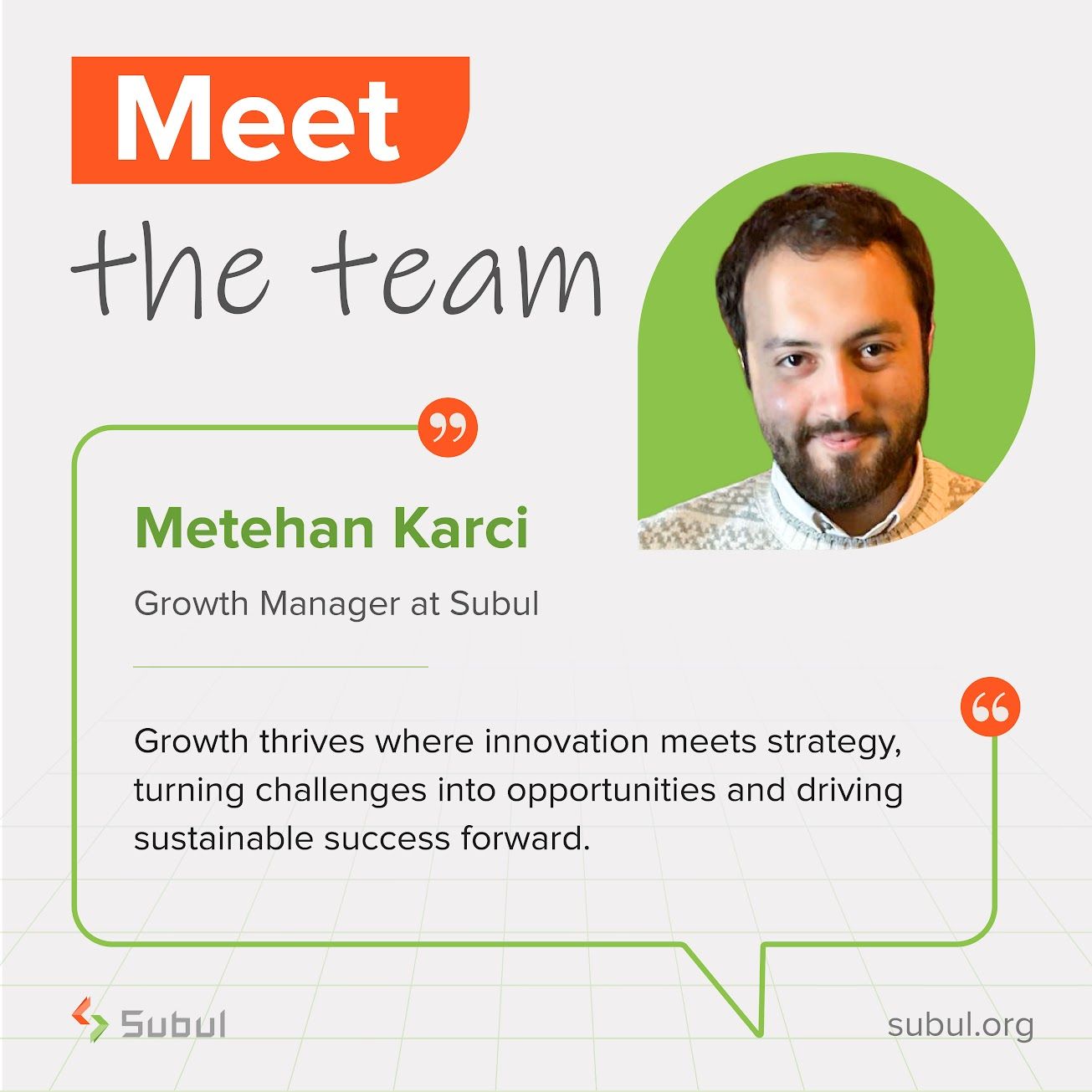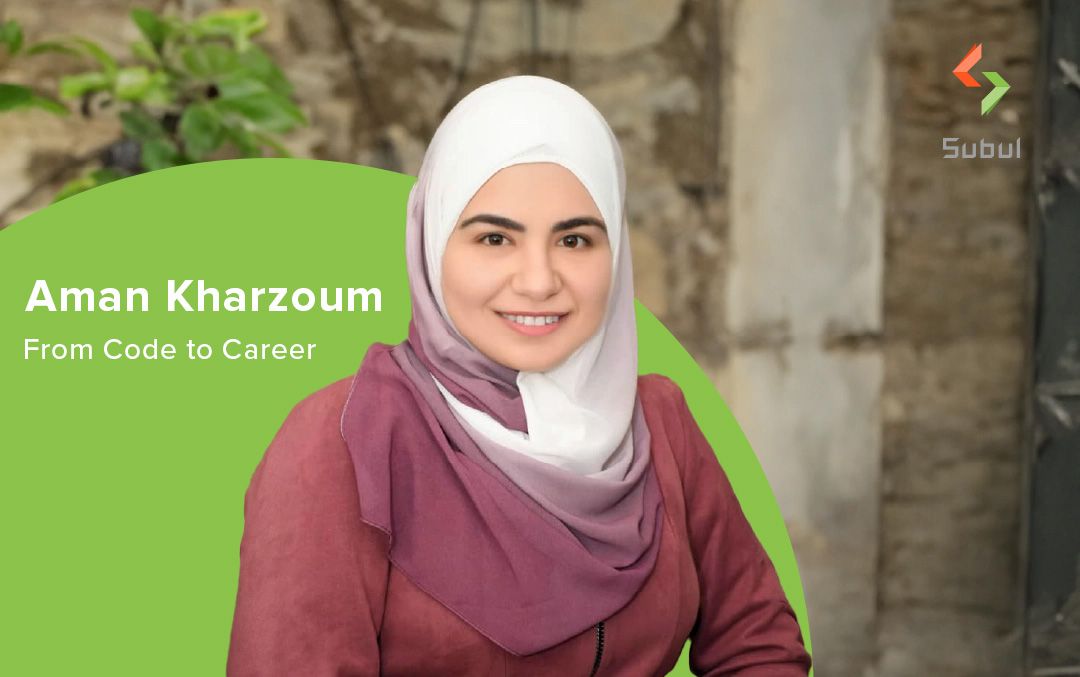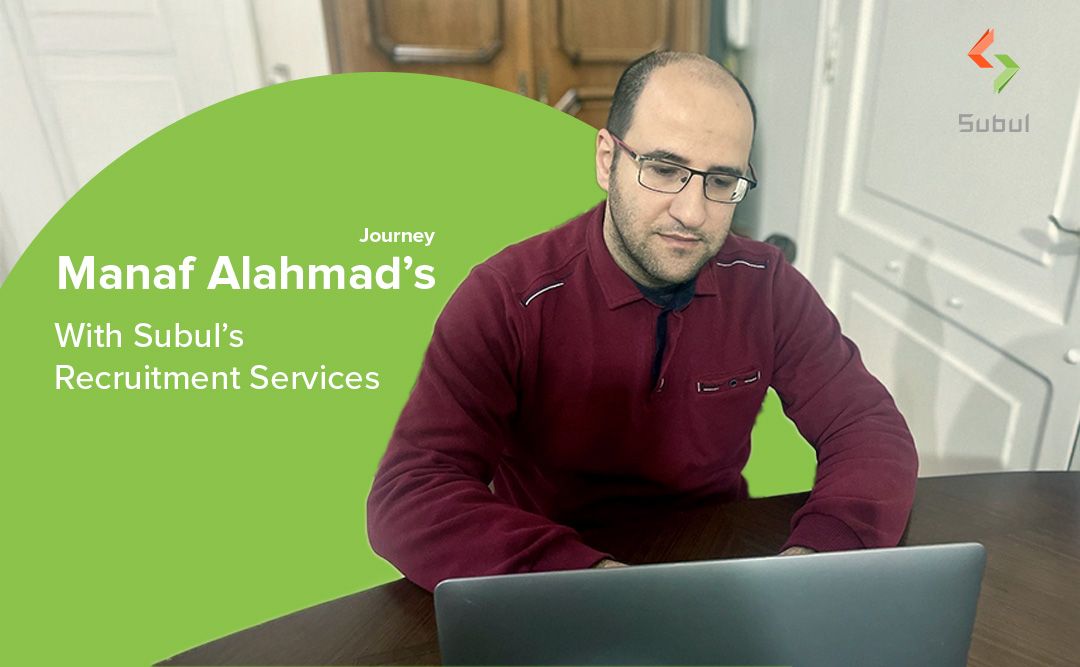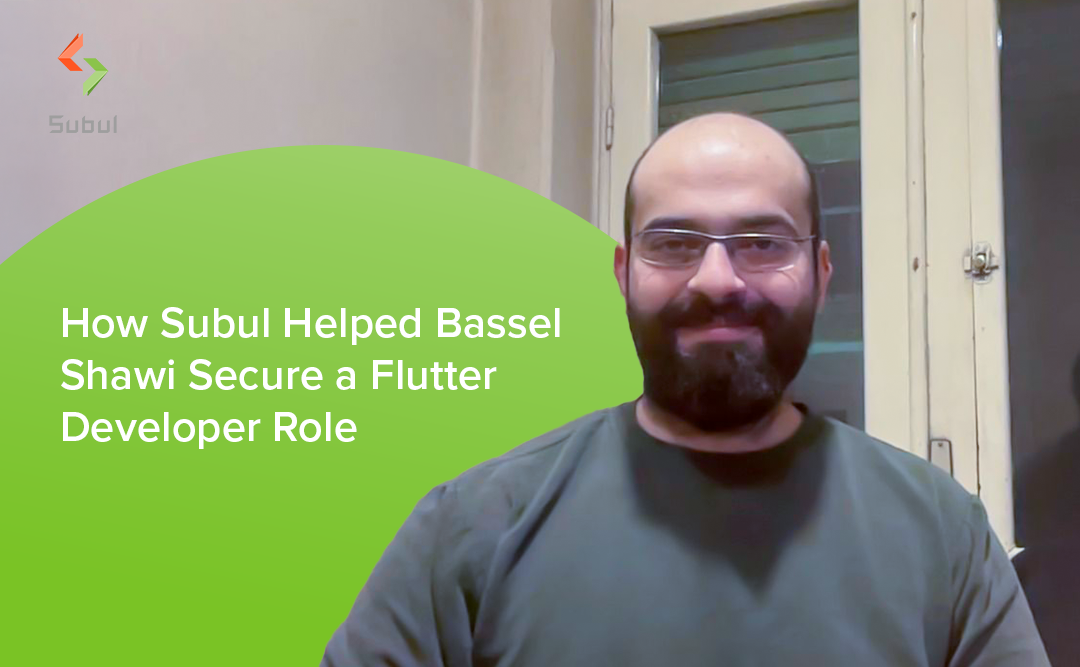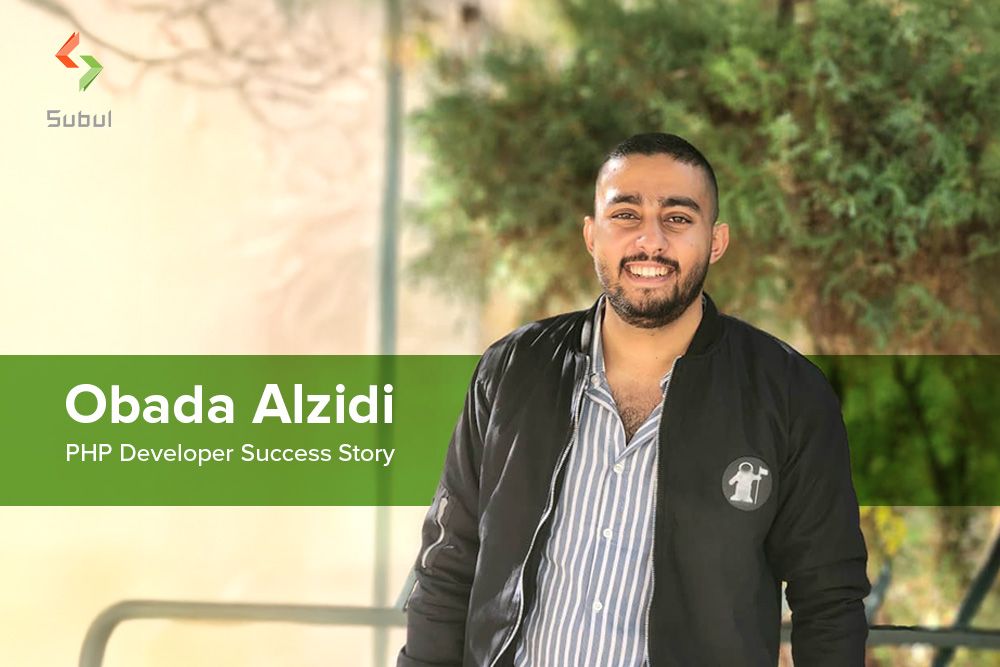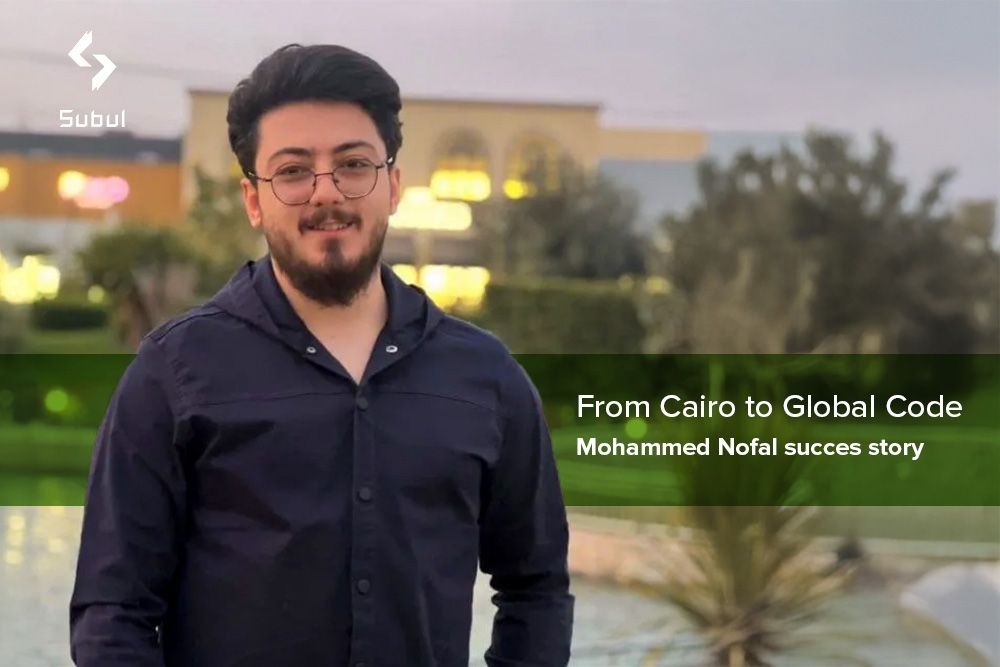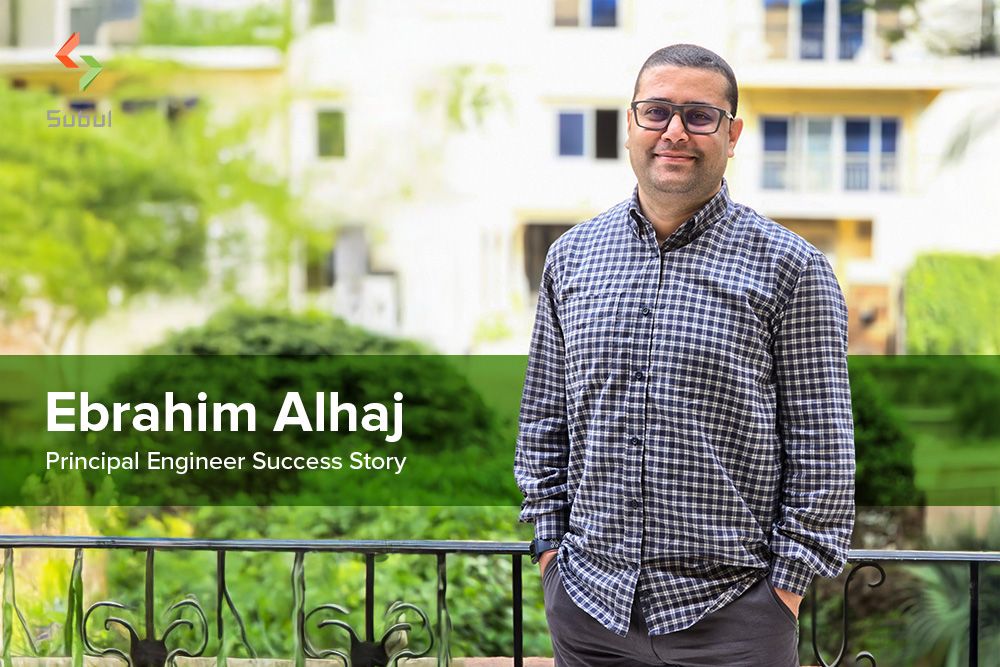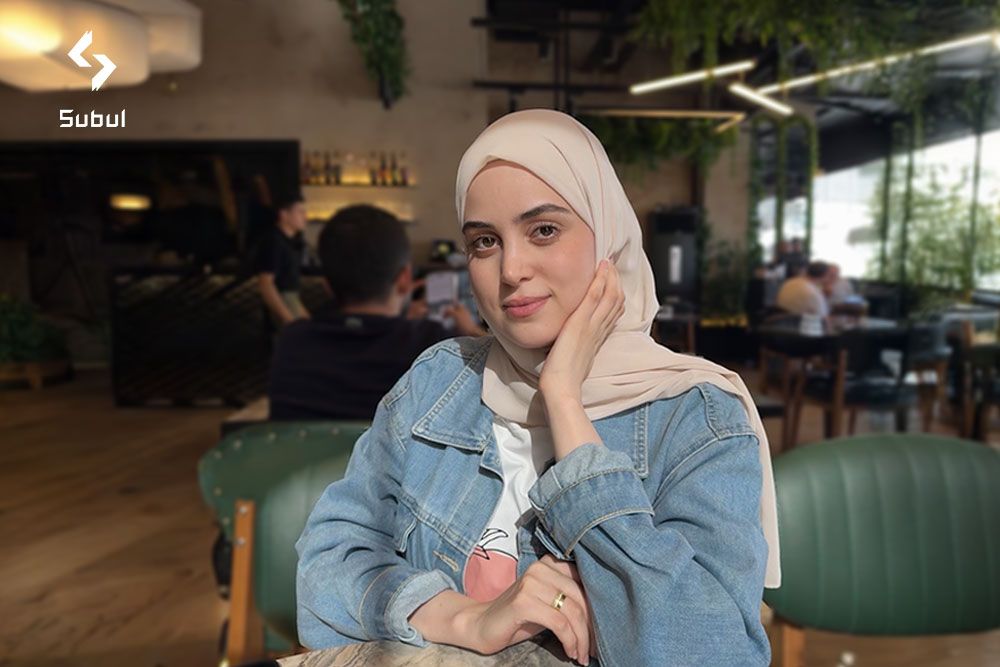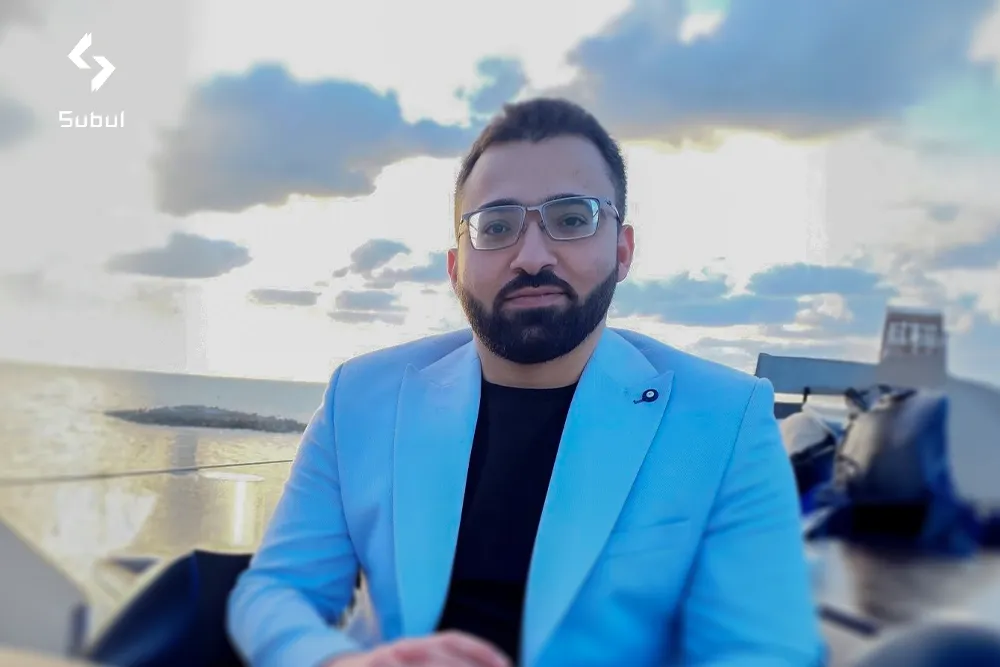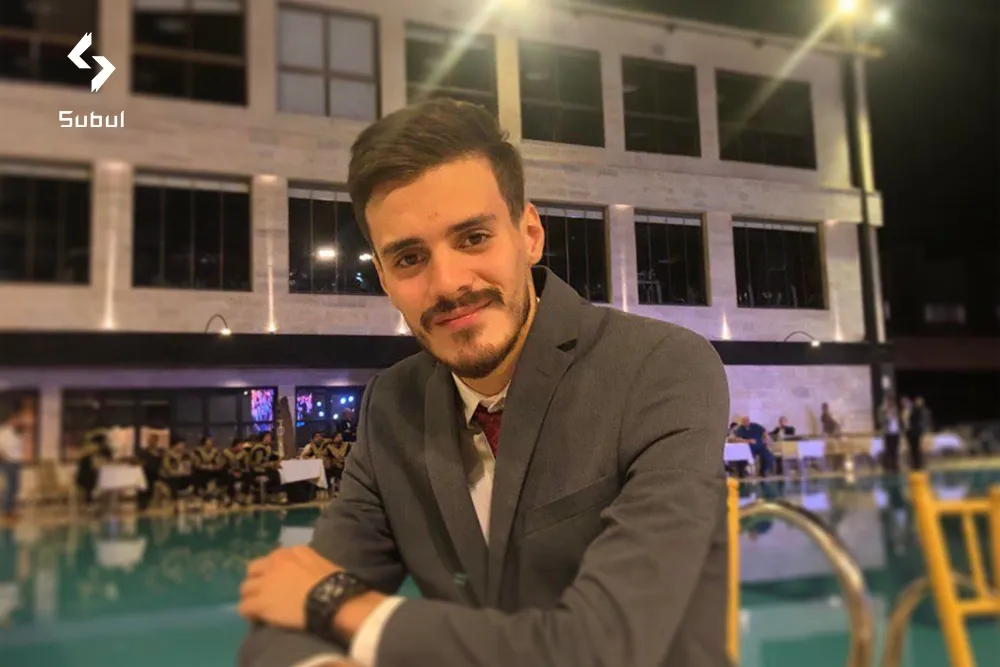Osama was only 14 years old when the Syrian revolution began, which would change the trajectory of his life and his community's lives forever. His city, a suburb of East Damascus, became a battleground and was put under siege. This meant that for six long years, until 2018, he and his community lived in complete isolation. No one could enter or leave, food and medicine were scarce, and they became accustomed to the realities of war and bombs. Despite these unimaginable conditions, Osama and his community showed remarkable resilience, surviving on what they could grow and supporting each other through unfathomable losses.
Studying Medicine Under Siege
In 2014, Osama completed his 12th grade, but his path to higher education seemed impossible given the ongoing siege. With no universities accessible and there was a critical shortage of doctors in his city, local physicians made an extraordinary decision. They established a makeshift medical school, training the brightest students to serve their community's desperate medical needs. From 2015 to 2018, Osama studied medicine under siege conditions, learning directly in hospitals during the war. He witnessed his community endure chemical attacks and eventually, faced an impossible ultimatum from the regime: displacement or submission.
Forced Displacement and Life in Turkey
Osama and his brothers were forced to leave this city while the rest of his family stayed behind. He made the extremely hard decision to leave his family and his home and leave towards the outskirts of Aleppo to live in a camp until he was able to pass into Turkey. Osama was motivated to continue his studies in medicine and spent the next 6 years studying to become a doctor while adapting to life in Turkey away from home. In these six years, he got engaged, married, and just one month before graduating, had their first daughter named Rasil.
Resilience, Growth, and Reflection
Through displacement, language barriers, cultural adaptation, and the challenge of building a life in a foreign country, he overcame many of life's challenges and he became fully who he is today. "This situation made me who I am," Osama reflects. "I learned to handle almost all situations. We had no other choice—we needed to walk through it."
Joining Subul and Discovering MedTech
During his studies, Osama joined Subul in 2022 as a data annotator in Turkey which helped him support himself and his wife through his medical school. This opportunity with Subul eventually leading him taking on the role as the AI-MedTech Lead for an ongoing medical annotation project. He has led over 9 medical projects, covering annotation topics on endoscopy, colonoscopy, CT scans, cardiology, and more.
This experience with Subul opened his eyes to the intersection of artificial intelligence and medicine, shaping his vision for the future of healthcare in Syria. He expressed that given his exposure working on cardiology annotation projects with Subul, he has decided to specialize in cardiology as his field of medicine. His role as MedTech lead involves ensuring the accuracy of medical data that will ultimately improve patient care globally, while simultaneously preparing him to bring these innovations back to Syria.
A New Chapter: Going Back to Syria
After graduating from medical school just one month ago, Osama is preparing for a momentous reunion. In just four days, he will return to Syria for the first time since his forced displacement. This journey will reunite him with his parents after seven years and four months of separation.
Osama shared that he dreams of returning to Syria as a cardiologist, joining other skilled professionals who will rebuild their homeland. "Syria has all the expertise, we just need the opportunity," he explains. His goal is to merge technology with medical expertise to serve more people, potentially bringing innovative healthcare solutions to Syrian hospitals.
Osmaa shared his deeply held belief that "Syria will find a better situation. I am sure of it. We will go back as cardiologists, civil engineers, and skilled professionals. We will go back to rebuild Syria our again, not Assad’s Syria".
